To celebrate scientists and scientific advancements, we have collected a list of the most famous atheist scientists that will inspire us for the greater good.
What do you get when you combine a love of science with an utter disdain for organized religion? An atheist scientist, of course.
Many of the most famous scientists of all time were atheists. And their belief in science was so strong that it inspired them to make incredible discoveries about the world around us.
Here are some of the most notable atheist scientists who have made significant contributions to the world of science.
Table of Contents
Famous Atheist Scientists
#39. Christian Bohr (1855-1911): Top Medical Scientist Who Didn’t Believe That God Exists
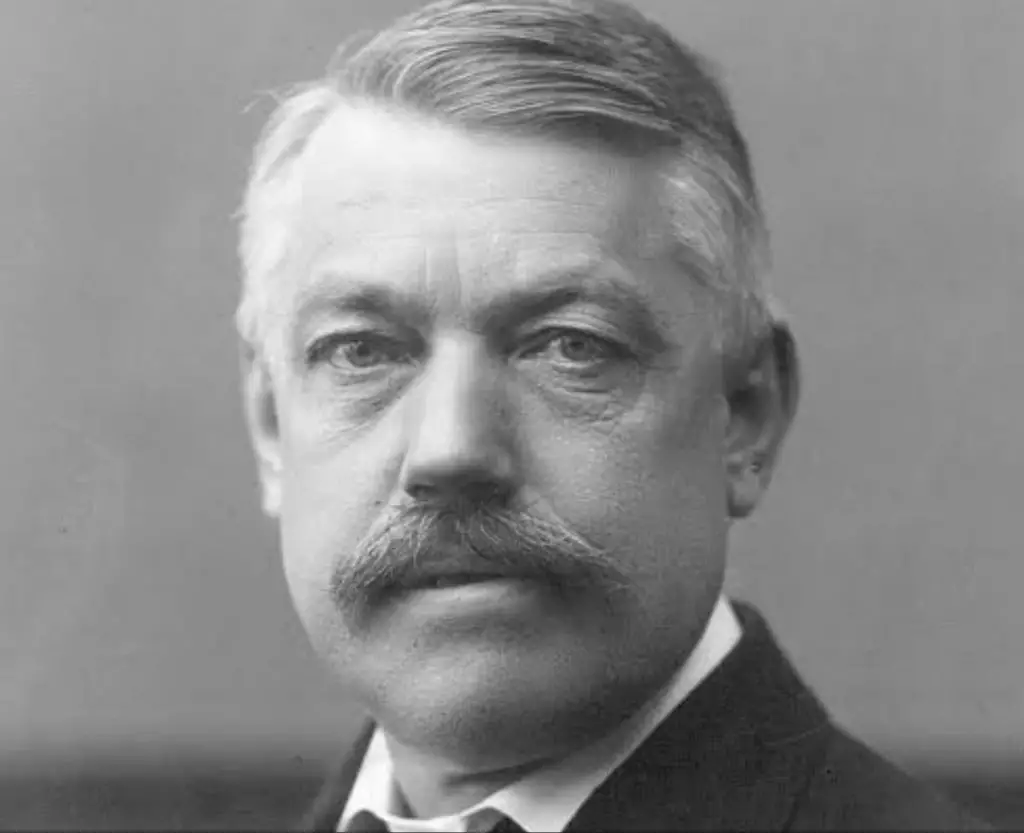
What makes Christian Bohr famous?
Christian Bohr was a Danish physician who is best known for describing dead space in physiology and for his work on the Bohr effect. He was also the father of Nobel Laureate Niels Bohr.
Bohr’s first major contribution to science was his description of dead space, which he described as “the amount of air that remains trapped in the lungs after a person has exhaled.”
This discovery led to a greater understanding of how much oxygen people can take in during a single breath and how much carbon dioxide they can exhale during the same period. It also led to improved methods of measuring gas exchange between blood and alveoli, which is vital for understanding lung function.
[Source: Wikipedia]
#38. Sydney Brenner (1927-2019): The Nobel Laureate Who Contributed To Our Understanding of Genes
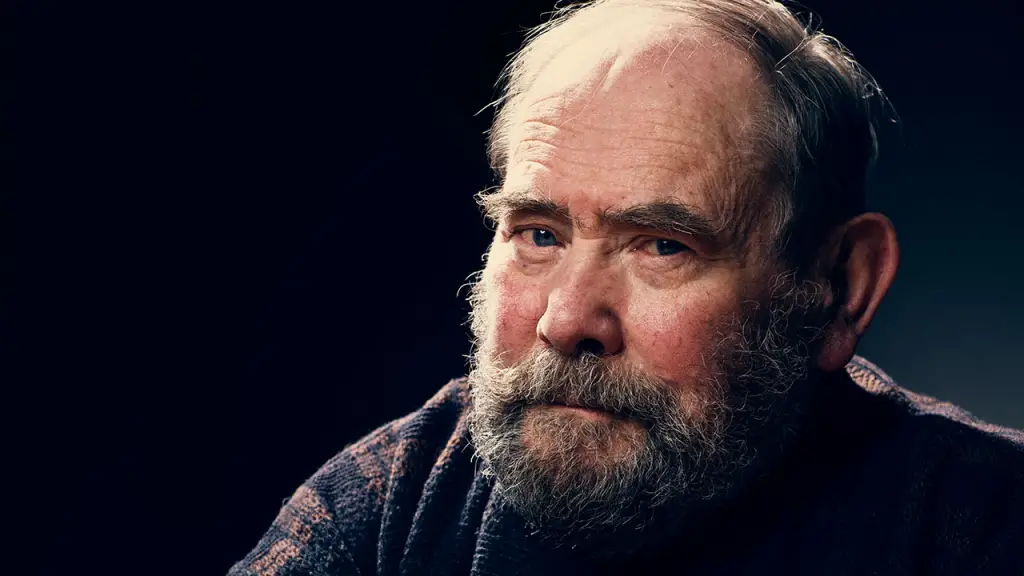
What makes Sydney Brenner famous?
If you’re a fan of science, you might be familiar with Sydney Brenner. He wrote more than 1,000 publications and is known for his research in developmental biology, which he began at Berkeley’s Molecular Sciences Institute.
Born in South Africa, Brenner first became interested in genetics while a graduate student at the University of Oxford. He was working on the genetic code when he realized that there were gaps in knowledge about how developmental processes occur.
In particular, he wanted to know why plants and animals have roughly the same number of genes. This led him to create a model organism (a roundworm species) that scientists could use to study how these processes work.
This roundworm has been extensively used by other researchers since then. His model organism for development helped spur new research in this area of science.
Additionally, Brenner was jointly awarded the Nobel Prize in Medicine or Physiology in 2002 for his contributions to understanding how genes function during development.
What’s the best Sydney Brenner quote?
“Progress in science depends on new techniques, new discoveries and new ideas, probably in that order.”
[Source: The Nobel Prize ]
#37. Subrahmanyan Chandrasekhar (1910-1995): Indian Nobel Laureate
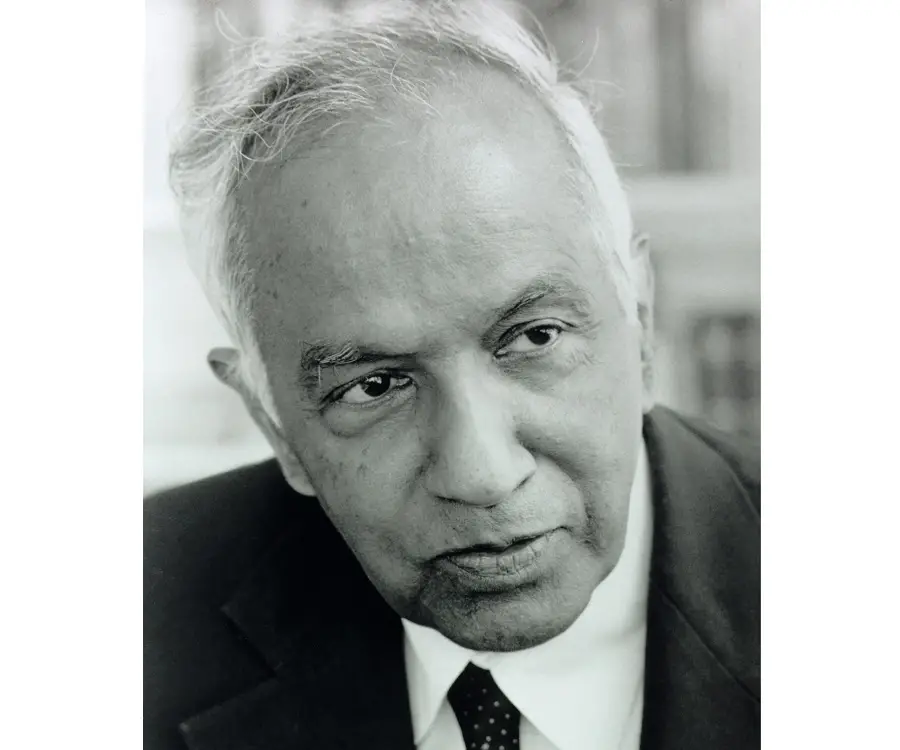
What makes Subrahmanyan Chandrasekhar famous?
Subrahmanyan Chandrasekhar was a brilliant astrophysicist who studied stars and their structure, including how they evolve. His work earned him the Nobel Prize in Physics in 1983. Chandrasekhar’s work contributed to our understanding of black holes and white dwarfs, among other things.
One of his most famous discoveries is that white dwarf stars have an upper limit on how large they can become. This limit is named after him—the Chandrasekhar limit.
What’s the best Subrahmanyan Chandrasekhar quote?
“Science is a perception of the world around us. Science is a place where what you find in nature pleases you.”
[Source: Encyclopedia Britannica]
Similar Articles:
- 16 Famous Scientists With Learning Disabilities That You Should Know
- 30 Famous Medical LaBraWithry Scientists That You Should Know
- 17 Famous Electrical Scientists That You Should Know
#36. Boris Chertok (1912-2011): The Scientist Who Was Influential in the Soviet Union’s Space Program
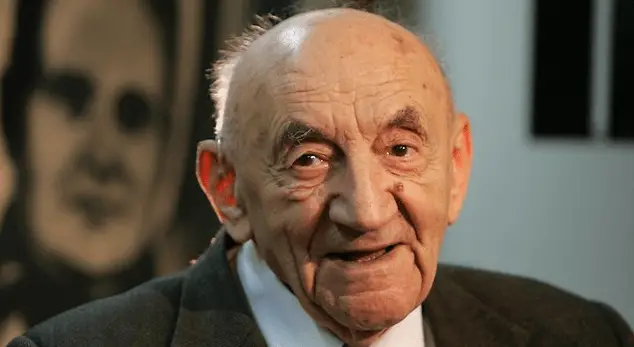
What makes Boris Chertok famous?
Do you want to read about the Soviet space program? Rockets and People is your best book on this exciting topic.
Let’s take a look at the person who wrote this exciting read!
Boris Chertok was a Russian engineer best known for his contribution to developing advanced control systems for missiles and rockets.
At the end of his studies, Chertok earned a degree in electrical engineering and became interested in aviation technology.
In 1946, Chertok joined the Red Army Air Force as an engineer and was stationed at a base near Moscow. Here, he met Sergei Korolev—the man who would become famous for being one of Russia’s leading rocket scientists.
Korolev, Chertok, and several other engineers from their unit helped develop various aspects of rocketry, including guidance systems for missiles.
[Source: NASA]
#35. George Gamow (1904-1968): The Scientist Who Explained Alpha Decay

What makes George Gamow famous?
George Gamow was a Russian cosmologist, theoretical physicist, and author. His work on the big bang theory earned him a place in the history books as one of the most influential physicists of the 20th century. He is best known for his contributions to nuclear physics and cosmology.
Gamow explained alpha decay using concepts from theoretical physics. His contributions to nuclear physics include developing the liquid drop model, which is useful in studying atomic nuclei.
[Source: Encyclopedia Britannica ]
#34. William Kingdon Clifford (1845-1879): The Person Who Introduced Geometric Algebra To Math
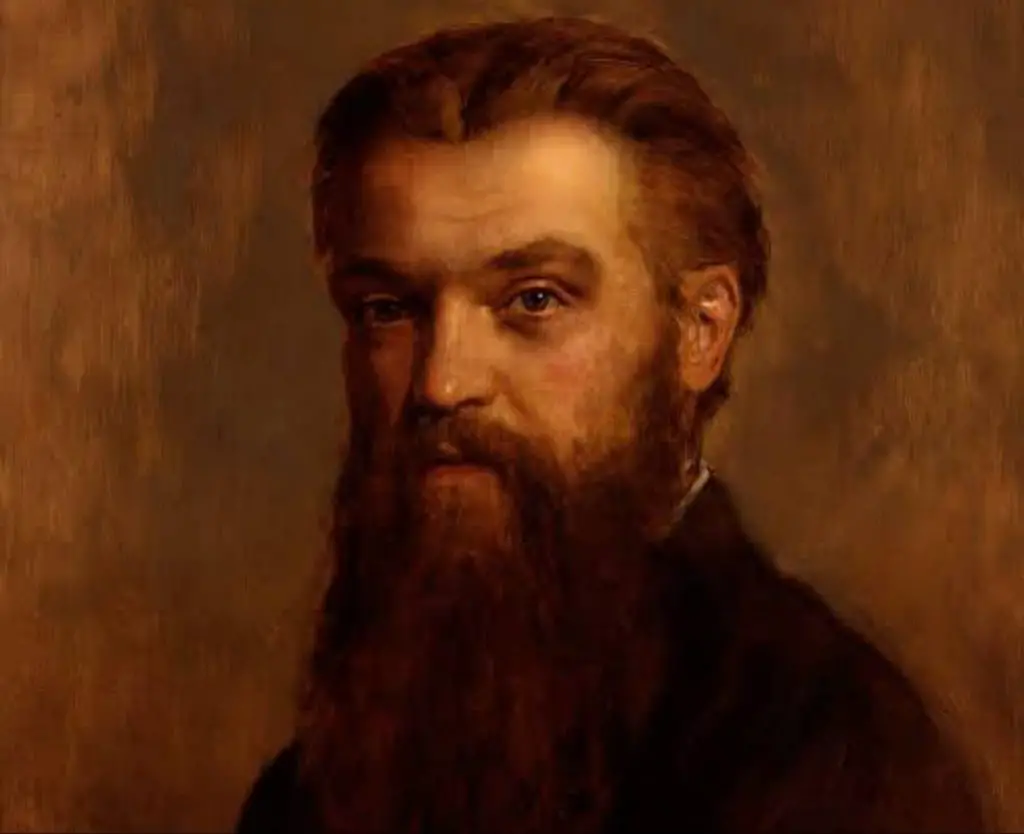
What makes William Kingdon Clifford famous?
William Kingdon Clifford was an English mathematician. He is best known for his contributions to science.
Clifford was born in 1845 and died in 1879 at the age of 34, but he managed to make a huge impact on the world of math during his short lifetime. One of his most influential works introduced geometric algebra to the world of mathematics.
This concept has become an important part of physics, engineering, and computer science.
In addition to his contributions to geometry and algebra, Clifford also made major contributions to physics. He argued that gravitation results from geometry.
[Source: Encyclopedia Britannica]
Similar Articles:
- 17 Famous Earth Scientists That You Should Know
- 18 Famous Rocket Scientists That You Should Know
- 17 Famous Disabled Scientists That You Should Know
#33. Samuel T. Cohen (1921-2010): The Father of The Neutron Bomb
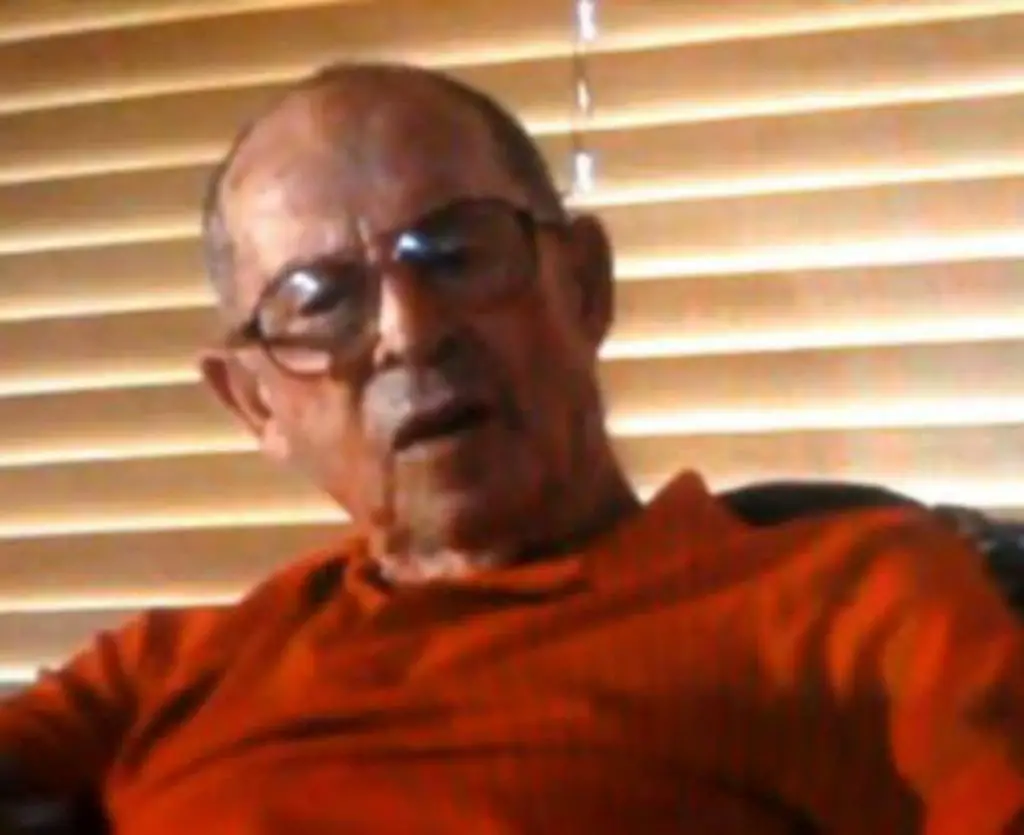
What makes Samuel T. Cohen famous?
Samuel T. Cohen was an American physicist who is best known for his contribution to the neutron bomb, a controversial weapon that emits deadly radiation.
Cohen was born on January 25, 1921, in New York City. He studied at the University of California and then went on to work for the US army.
In 1944, Cohen joined Los Alamos National Laboratory as a research scientist. During his time there, he made significant contributions to the development of nuclear weapons technology.
[Source: Wikipedia]
#32. Richard Dawkins (1941-Present): The Outspoken Atheist Whose Work Revolutionized Evolutionary Biology
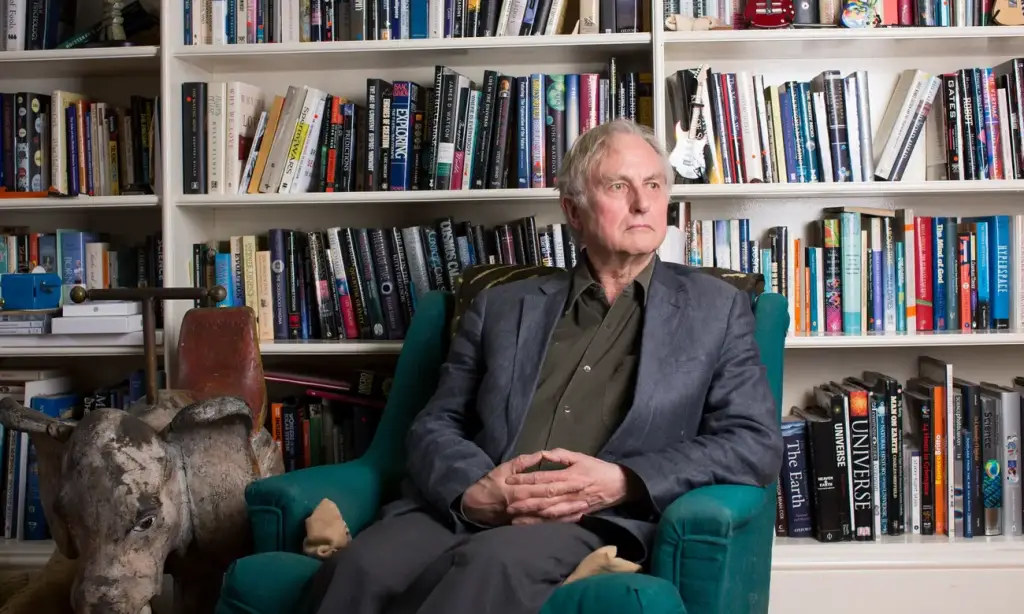
What makes Richard Dawkins famous?
Richard Dawkins was an English evolutionary biologist best known for developing the gene-centric approach to evolution. He popularized this concept through his book, The Self Gene.
His text, The Extended Phenotype, explores how natural selection works at different levels. He has also written several books for general audiences: The Blind Watchmaker, The God Delusion, and A Devil’s Chaplain.
As part of the New Atheist Movement, Dawkins doesn’t believe God created the world. He often criticizes religious beliefs as being “anti-science.”
His outspokenness on this issue has made him controversial among many religious people who believe he is attacking their beliefs without good reason or evidence to back up his claims.
[Source: Encyclopedia Britannica]
#31. James Chadwick (1891-1974): The Father of Modern Physics Who Lacked Religious Faith
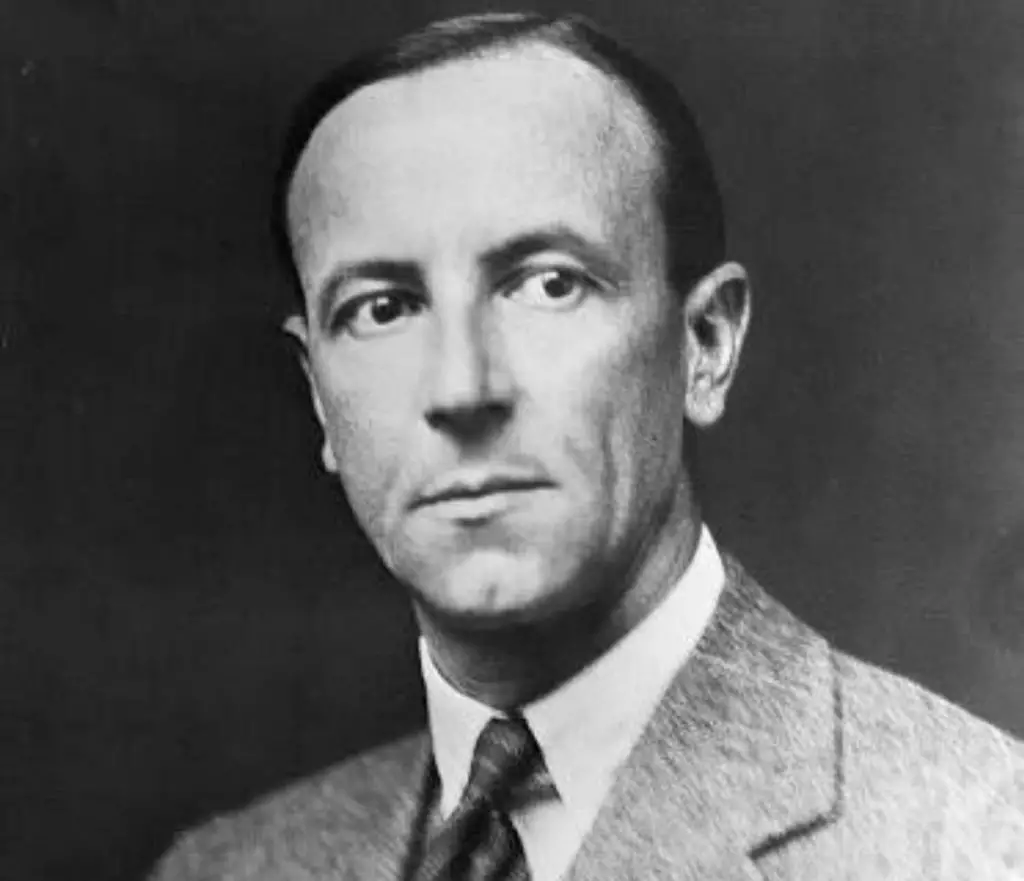
What makes James Chadwick famous?
James Chadwick was a British physicist and one of the most influential scientists ever to come out of Britain. His contributions to physics are still being recognized today by students, teachers, and researchers in all fields of science.
For example, his work on the Military Application of Uranium Detonation (MAUD) Report influenced the United States government’s decision to pursue atomic weapons during World War II.
He discovered the neutron, which revolutionized atomic physics. He even earned the Nobel Prize for this achievement.
[Source: The Nobel Prize]
Similar Articles:
- 18 Famous Swedish Scientists That You Should Know
- 15 Famous Taiwanese Scientists That You Should Know
- 16 Famous Sport Scientists That You Should Know
#30. Francis Crick (1916-2004): The Co-Discoverer of DNA Structure
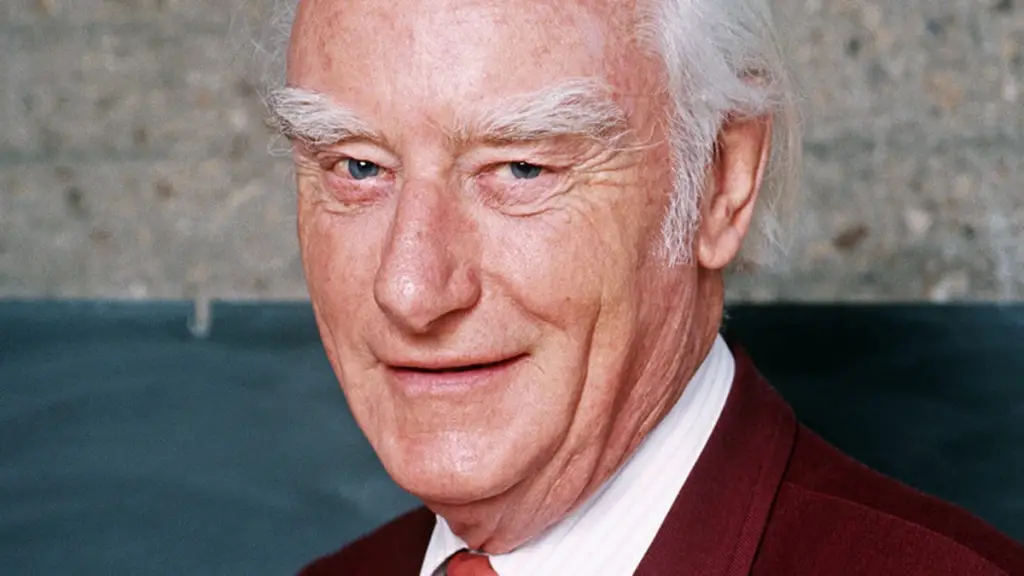
What makes Francis Crick famous?
Francis Crick (molecular biologist) is known as one of the individuals who discovered the exact structure of DNA, along with James Dewey Watson.
While employed at the University of Cambridge, the pair became friends. In 1962, they were the recipients of the Nobel Prize for their contributions to science.
Despite his beliefs about the universe’s origin, Francis Crick remains one of the world’s best scientists of all time.
What’s the best Francis Crick quote?
“Chance is the only source of true novelty.”
[Source: Encyclopedia Britannica]
#29. Meghnad Saha (1893-1956): Father of Modern Astrophysics
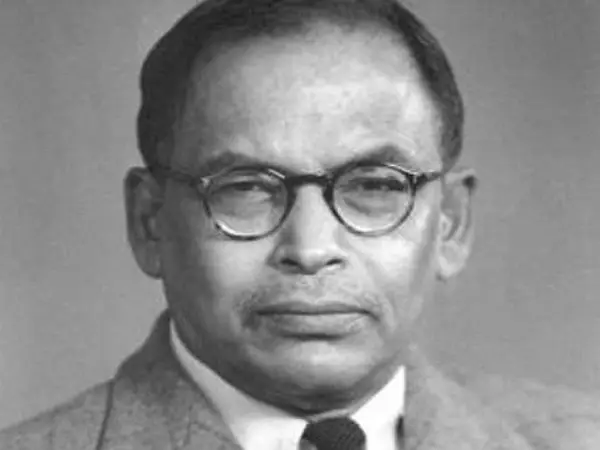
What makes Meghnad Saha famous?
Meghnad Saha was an astrophysicist who made some enormous contributions to astronomy. He came up with an equation allowing astronomers to estimate stars’ characteristics.
This Saha ionization equation allows astronomers to classify spectral stars according to their chemical and physical conditions. His work helps us understand stars and how they function.
[Source: Encyclopedia Britannica]
#28. Paul Dirac (1902-1984): The Brain Behind The Dirac Equation
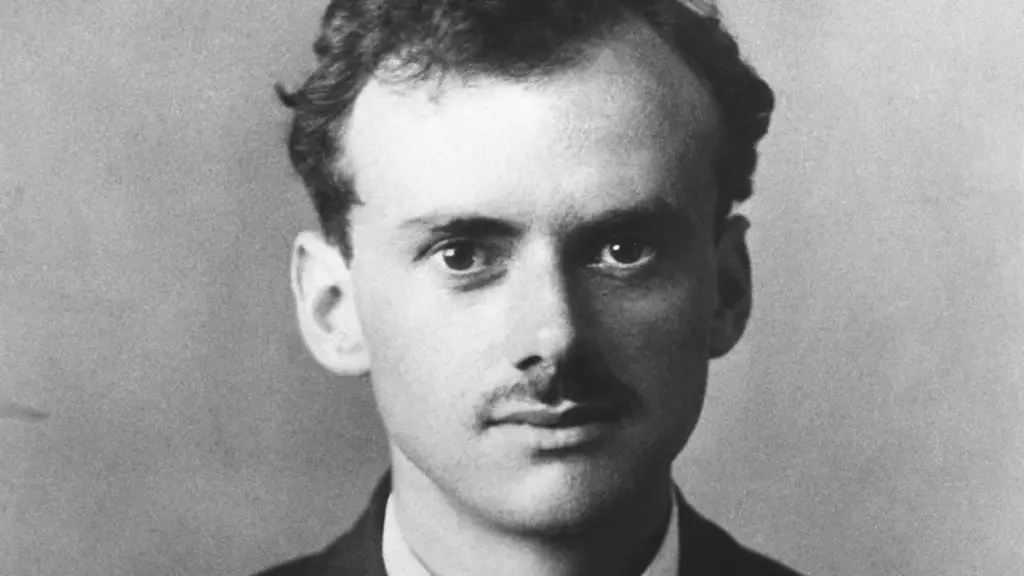
What makes Paul Dirac famous?
Paul Dirac had a productive life. He was an English theoretical physicist and professor who made important contributions to quantum mechanics and quantum electrodynamics.
His best-known work was on the Dirac equation, which states that any particle with spin can be described as a two-component mixture of complex spinors. This equation argues for the existence of antimatter.
Dirac also pioneered the fields of quantum electrodynamics and mechanics. In 1933, he shared the Nobel Prize in Physics with Erwin Schrödinger for their work on atomic theory.
[Source: The Nobel Prize]
Similar Articles:
- 18 Famous Soil Scientists That You Should Know
- 20+ Famous British Scientists That You Should Know
- 15 Famous Irish Scientists That You Should Know
#27. Lev Landau (1908-1968): The Nobel Prize-Winning Theoretical Physicist
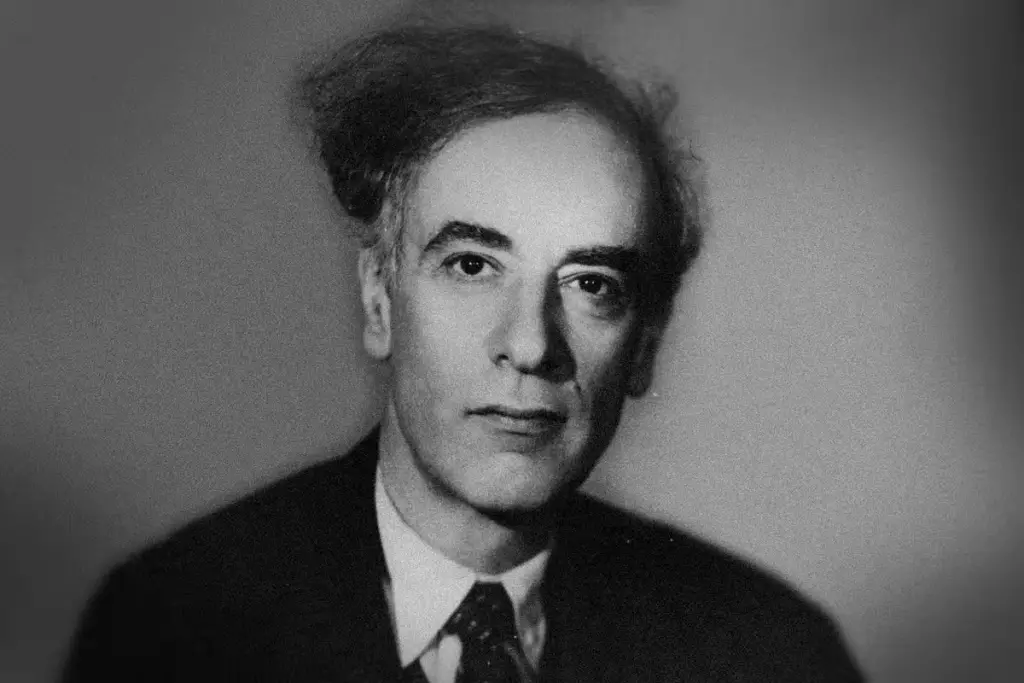
What makes Lev Landau famous?
Lev Landau was born in the Russian Empire and rose to become one of the most important figures in history.
Landau is best known for his contributions to theoretical physics, particularly quantum mechanics. He co-discovered the density matrix that is essential in quantum mechanics. He also developed the theory of diamagnetism.
But it was his concept of superfluidity that earned him global recognition. It helped scientists understand liquid helium II. Lev Landau received the 1962 Nobel Prize in Physics for his work on this theory.
What’s the best Lev Landau quote?
“Everybody has a capacity for a happy life. All these talks about how difficult times we live in, that’s just a clever way to justify fear and laziness.”
[Source: The Nobel Prize]
#26. Andrei Sakharov (1921-1989): The Father of the Soviet Union’s Hydrogen Bomb
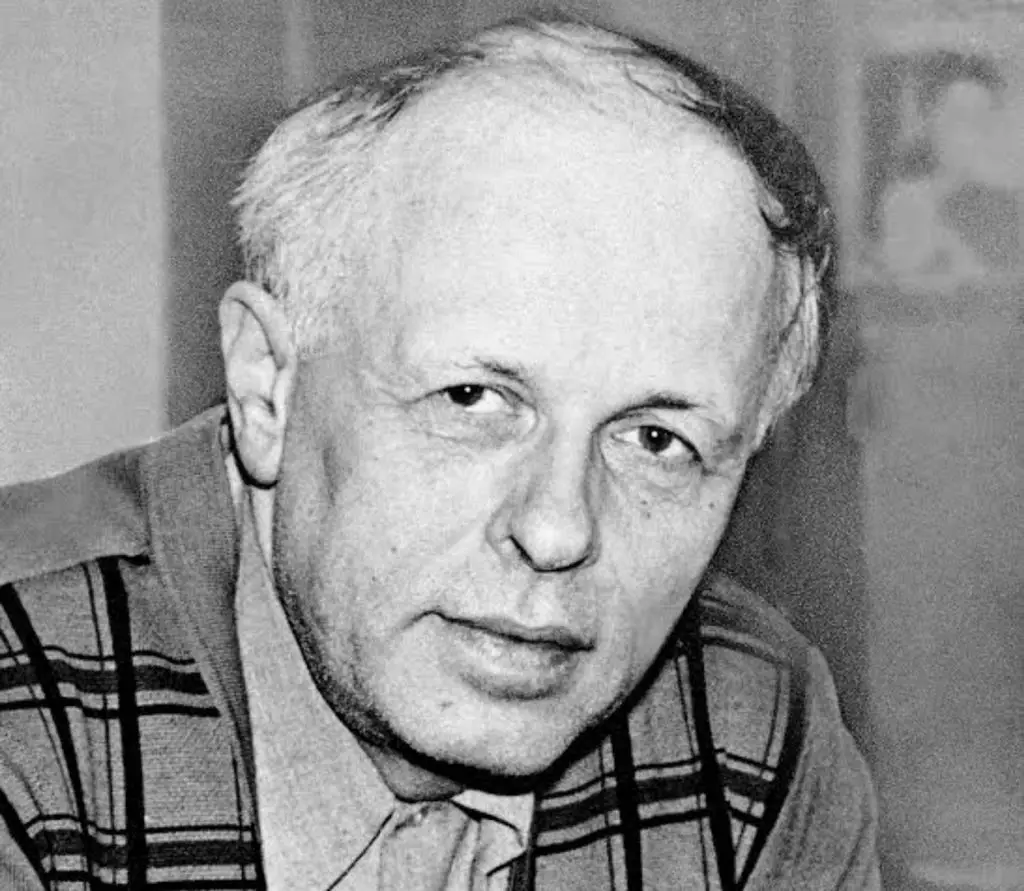
What makes Andrei Aleksandrovich Sakharov famous?
Andrei Aleksandrovich Sakharov was a Soviet nuclear physicist and activist who became a dissident against the Soviet Union’s government.
He was a brilliant scientist who helped contribute to Russian research into thermonuclear weapons by designing Soviet nuclear weapons, particularly the hydrogen bomb, RDS-37. While he worked towards developing weapons, Sakharov did not participate in World War II. Instead, he served in a factory during this time.
Sakharov would call for peace with his efforts to push for disarmament, earning him the 1975 Nobel Peace Prize.
What’s the best Andrei Sakharov quote?
“A country which does not respect the rights of its own citizens will not respect the rights of its neighbors.”
[Source: The Nobel Prize]
#25. Joseph-Louis Gay-Lussac (1778-1850): One of The Fathers of Modern Chemistry
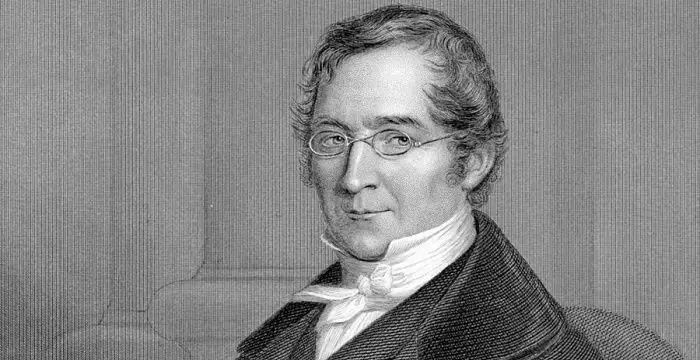
What makes Joseph-Louis Gay-Lussac famous?
Joseph-Louis Gay-Lussac was a French chemist who made many contributions to the field of chemistry. He is most famous for discovering the composition of water—one part oxygen and two parts hydrogen.
Gay-Lussac’s name became synonymous with gas laws when he published his law in 1809. In this law, he stated that the volume of an ideal gas is proportional to its pressure and temperature. This law has been used ever since as an important foundation for understanding gases.
[Source: Science History Institute]
#24. J.B.S. Haldane (1892-1964): One of The Fathers of Medical Genetics
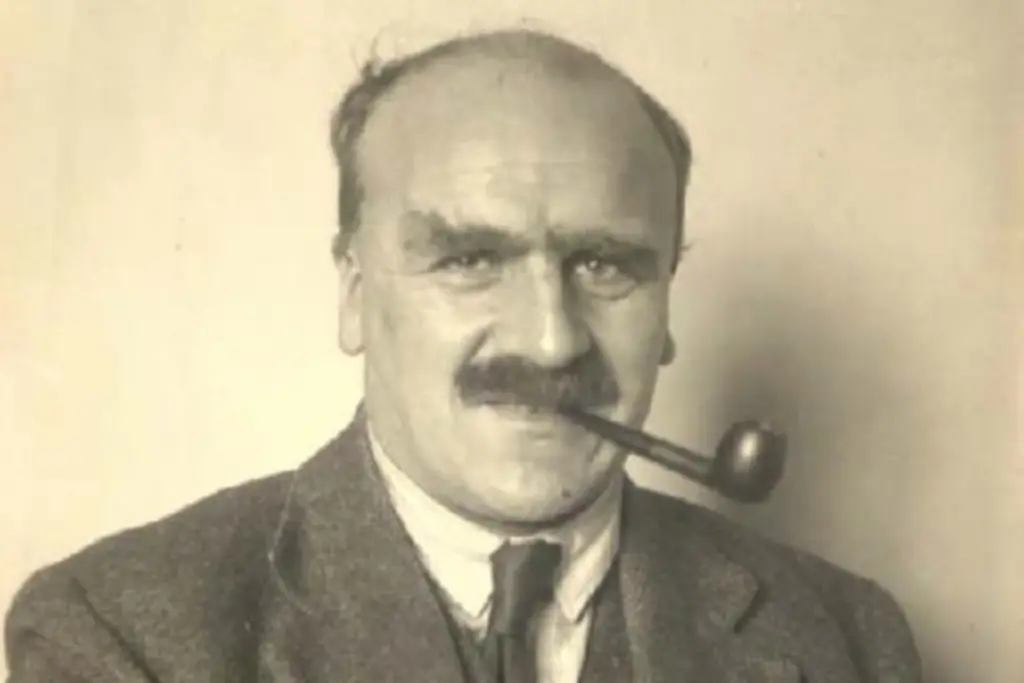
What makes J.B.S. Haldane famous?
John Burdon Sanderson Haldane was born in Oxford, England, on November 5, 1892, to a Scottish father and mother.
He began his career in Britain before moving to India to work for the government. Haldane is known for developing gene maps for color blindness and hemophilia on the X chromosome.
Besides pioneering in vitro fertilization, he was also one of the first people to suggest that sickle cell disease is responsible for some level of immunity against malaria.
Haldane also described gene linkage in mammals. He proposed that certain traits are inherited together. This is because they are expressed by genes located close together on chromosomes.
Haldane’s revolutionary work in genetics led him down a path toward a better understanding of evolution itself. He saw this quest as necessary to understand how humans fit into the world around them.
His research was also integral in developing new medical treatments that helped millions worldwide who today suffer from hereditary diseases like hemophilia or blood cancer.
What’s the best J.B.S. Haldane quote?
“This is my prediction for the future: whatever hasn’t happened will happen, and no one will be safe from it.”
[Source: Encyclopedia Britannica]
#23. John Maynard Smith (1920-2004): The British Engineer Who Pioneered Population Genetics
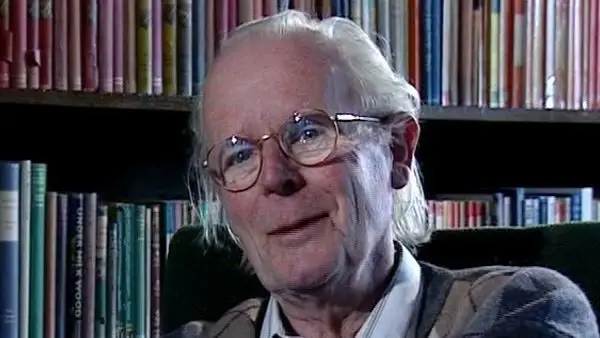
What makes John Maynard Smith famous?
John Maynard Smith was a British geneticist and evolutionary biologist born on January 6, 1920. He studied aeronautical engineering and served in World War II.
After the war, he returned to school and earned a degree in biology under J.B.S. Haldane.
Maynard Smith is best known for his contributions to many concepts in genetics and evolutionary biology, such as signaling theory and the evolution of sex. He worked alongside other prominent figures in genetics, including George Robert Price (who developed the Price equation).
[Source: National Library of Medicine]
#22. Alan Hale (1958-Present): The Co-Discoverer of the Hale-Bopp Comet
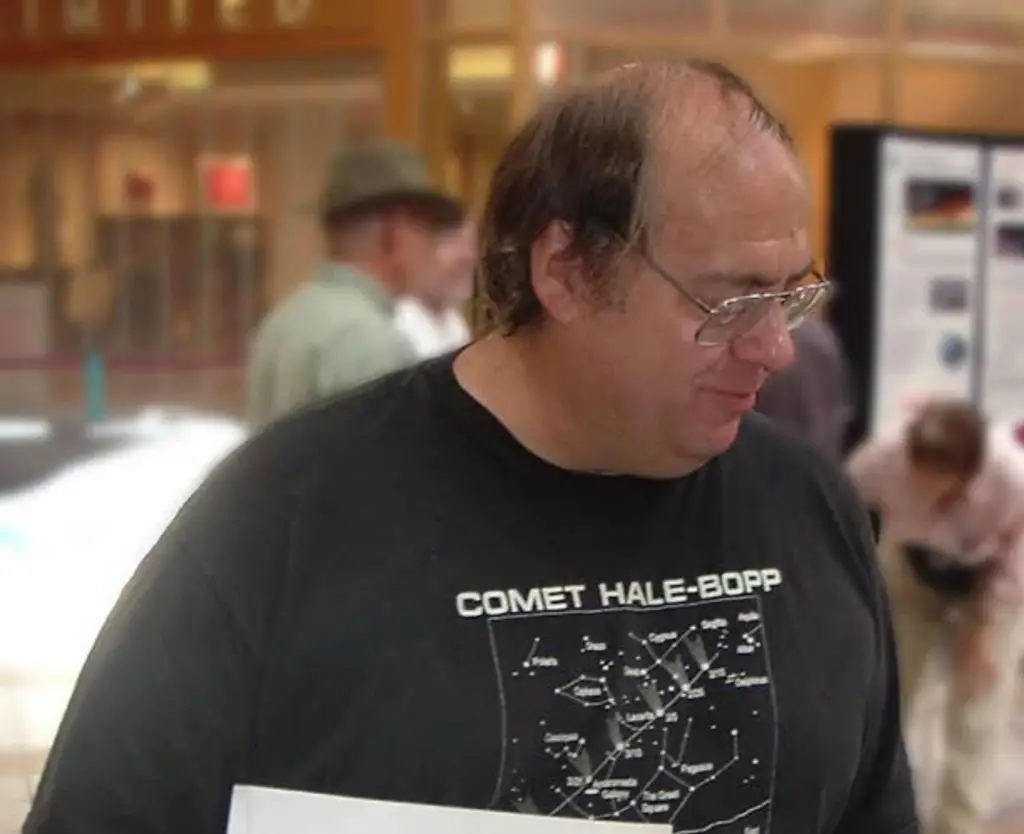
What makes Alan Hale famous?
Alan Hale is a Japanese-born American astronomer who is best known for his contributions to the field.
Hale was born in Tokyo in 1958 and moved to the United States as a child with his family. He attended New York State University as a graduate student.
Hale focused on studying stars, planetary systems, comets, and asteroids. His most notable discovery was the Hale-Bopp Comet, which appeared in 1995.
That night, another young astronomer also discovered the comet in the company of his friends. Thomas Bopp became the co-discoverer of the comet, which has disappeared.
[Source: Encyclopedia Britannica]
#21. Rita Levi-Montalcini (1909-2012): The Person Who Discovered The Nerve Growth Factor
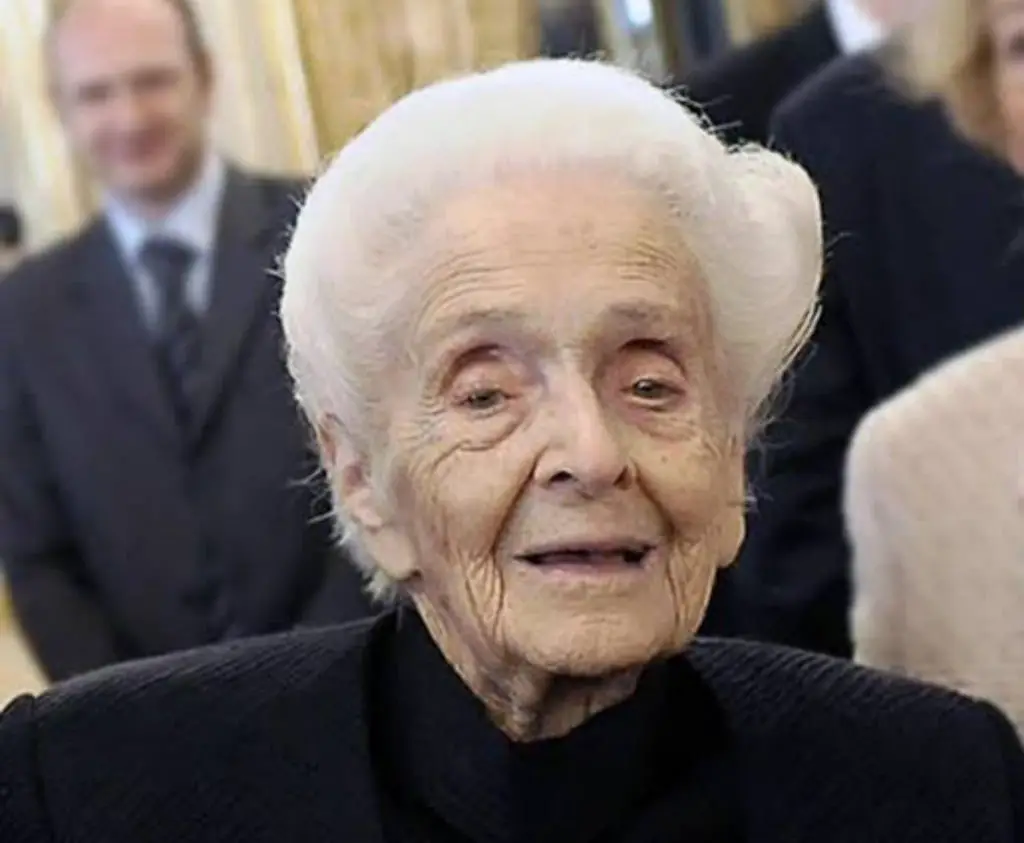
What makes Rita Levi-Montalcini famous?
Rita Levi-Montalcini was a Nobel prize-winning Italian neuroscientist. She was born in Turin, Italy, to a Jewish family.
Although she received her medical degree from the University of Turin, Benito Mussolini’s Manifesto of Race cut short her academic career.
During World War II, Levi-Montalcini studied nerve cells in a private lab in her bedroom. Her most famous research came about when she discovered nerve growth factor (NGF) in chicken embryos.
For her achievements, Rita Levi-Montalcini became a Senator for Life in 2001 when Carlo Azeglio Ciampi, the then president of Italy, appointed her to the senate.
In 1986, she won the Nobel Prize in Physiology or Medicine with Stanley Cohen for their contributions to the discovery of NGF ( nerve growth factor).
What’s the best Rita Levi-Montalcini quote?
“If I die tomorrow or in a year, it is the same —it is the message you leave behind you that counts.”
[Sources: The Nobel Prize, Annual Reviews with Rita Levi-Montalcini]
#20. Joseph Louis Lagrange (1736-1813): The Man Who Contributed To The Study of Celestial Mechanics
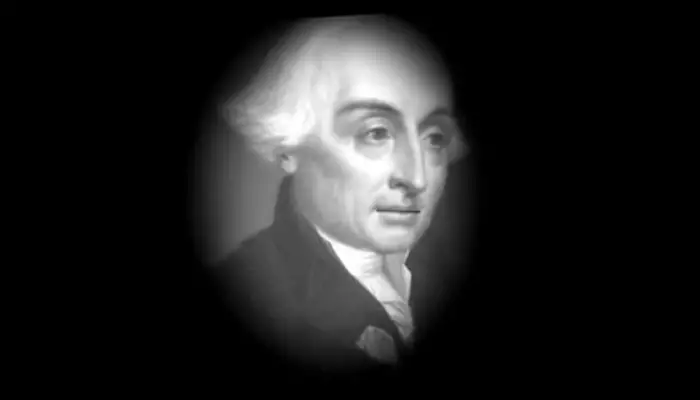
What makes Joseph Louis Lagrange famous?
The best way to understand Joseph Louis Lagrange is to know what he did.
Lagrange was an Italian-born astronomer and mathematician who made major contributions to celestial mechanics. This is the branch of astronomy that deals with the motions of celestial bodies.
He’s best known for providing the most detailed information on celestial mechanics after Isaac Newton’s work.
Lagrange focused on solving problems related to celestial mechanics. And he made a name for himself in this field.
[Source: Encyclopedia Britannica]
#19. Abraham Maslow (1908-1970): The Person Behind Maslow’s Hierarchy of Needs
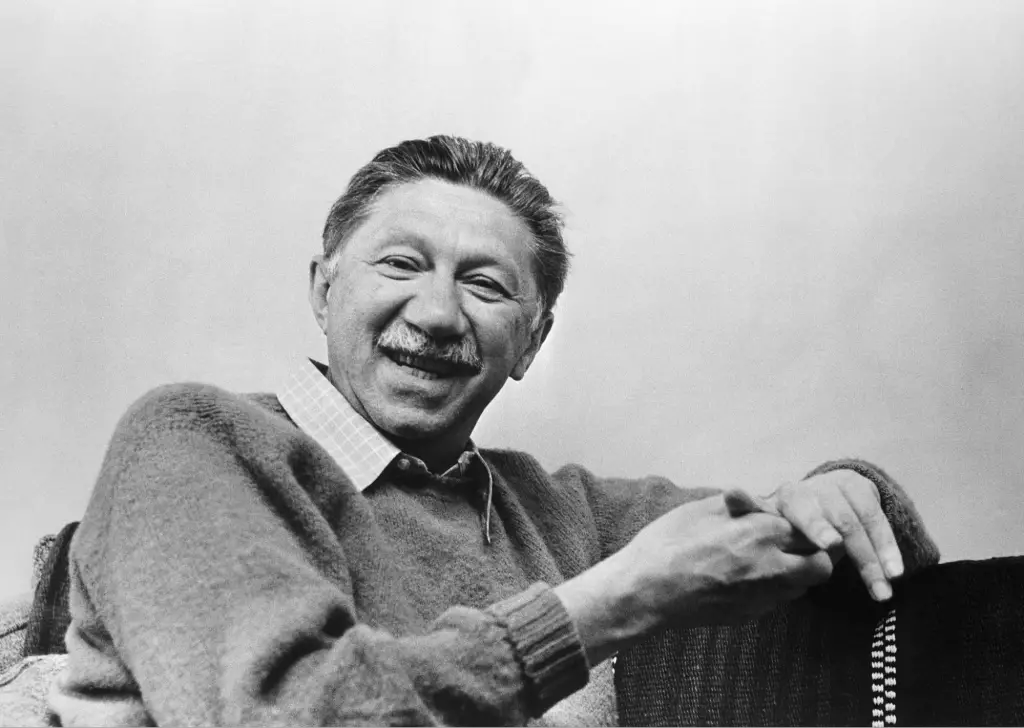
What makes Abraham Maslow famous?
Abraham Maslow was an American psychologist best known for creating Maslow’s hierarchy of needs.
The “hierarchy of needs,” as it’s called, is a pyramid that illustrates the way humans develop their needs to achieve self-actualization.
It begins with physiological needs like food, water, and shelter at the bottom and moves up through safety needs like security and stability. Next, comes love and belongingness needs. Then esteem needs, and finally, self-actualization at the top.
Maslow’s theory is that people must fulfill their lower-level needs before moving on to higher ones. If you don’t have food or water, you aren’t going to be worried about anything else until you fulfill those needs.
Once you have taken care of those lower levels, you can focus on higher-level needs—like security or love—that will help them feel more fulfilled in life.
[Source: Encyclopedia Britannica]
#18. John Forbes Nash Jr. (1928-2015): The Mathematician & A Nobel Laureate
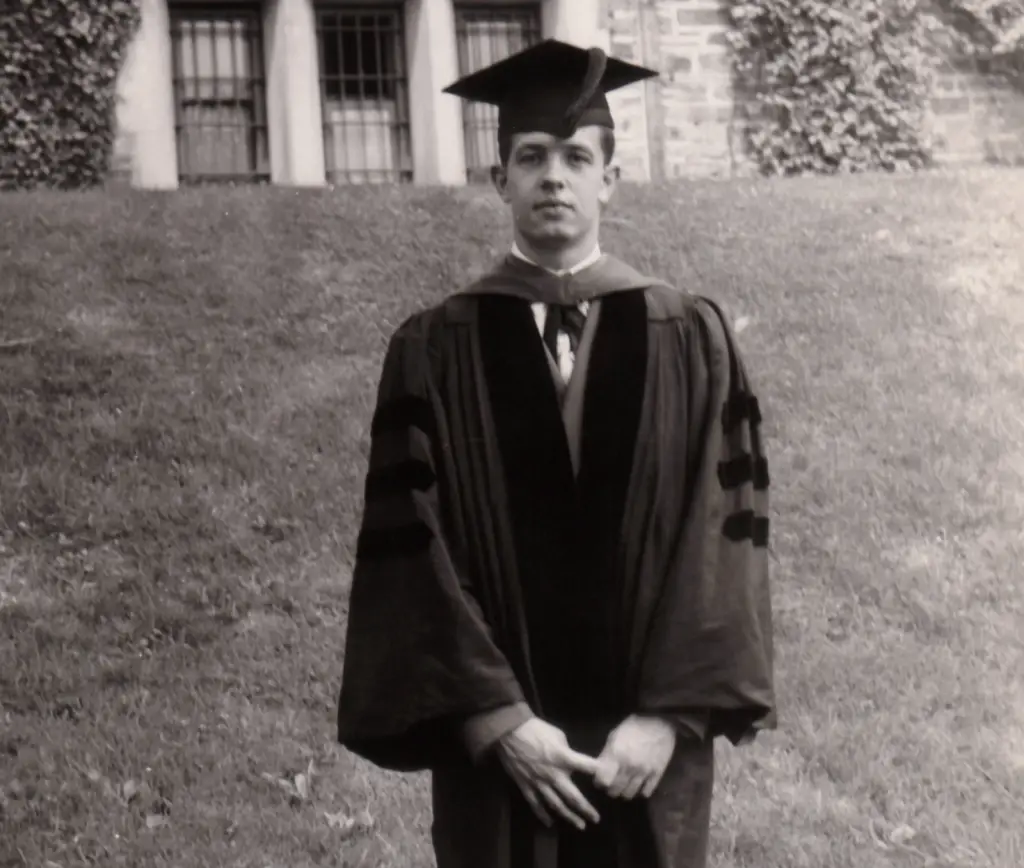
What makes John Forbes Nash Jr. famous?
John Forbes Nash Jr. was born in Bluefield, West Virginia, on May 22, 1928. He studied at the Carnegie Institute of Technology before going to Princeton University to continue his studies in mathematics.
Nash was awarded the Nobel Prize in Economics in 1994 for his contributions to game theory. He is best known for his Nash equilibrium theory, which he first formulated in 1950. The idea has been widely used in economics, game theory, and other fields such as finance and philosophy.
He was also involved in other areas of mathematics, such as partial differential equations, number theory, and graph theory.
His story is the basis for the movie: the Beautiful Mind.
What’s the best John Forbes Nash Jr. quote?
“The only thing greater than the power of the mind is the courage of the heart.”
[Source: The Nobel Prize]
#17. Thomas Hunt Morgan (1866-1945): The Nobel Laureate & An Expert in Heredity

What makes Thomas Hunt Morgan famous?
Thomas Hunt Morgan was an American geneticist and evolutionary biologist best known for his work on the fruit fly. He laid the foundation of modern genetics.
Morgan was born in Kentucky, USA, on September 25, 1866, and studied at Johns Hopkins University, earning his P.h.D. His research focused on understanding the mechanisms of heredity as well as how genes are passed from one generation to another.
This finding led him to discover that chromosomes contain genes and that each chromosome carries only one kind of gene pair (a dominant and recessive gene).
Morgan also found that genes are arranged linearly along chromosomes and can be inherited together or independently. In 1933, Morgan received the Nobel Prize in Physiology or Medicine for his work on chromosomes and their function in heredity.
[Source: Encyclopedia Britannica]
#16. Gerhard Armauer Hansen (1841-1912): The Discoverer of The Bacteria That Causes Leprosy
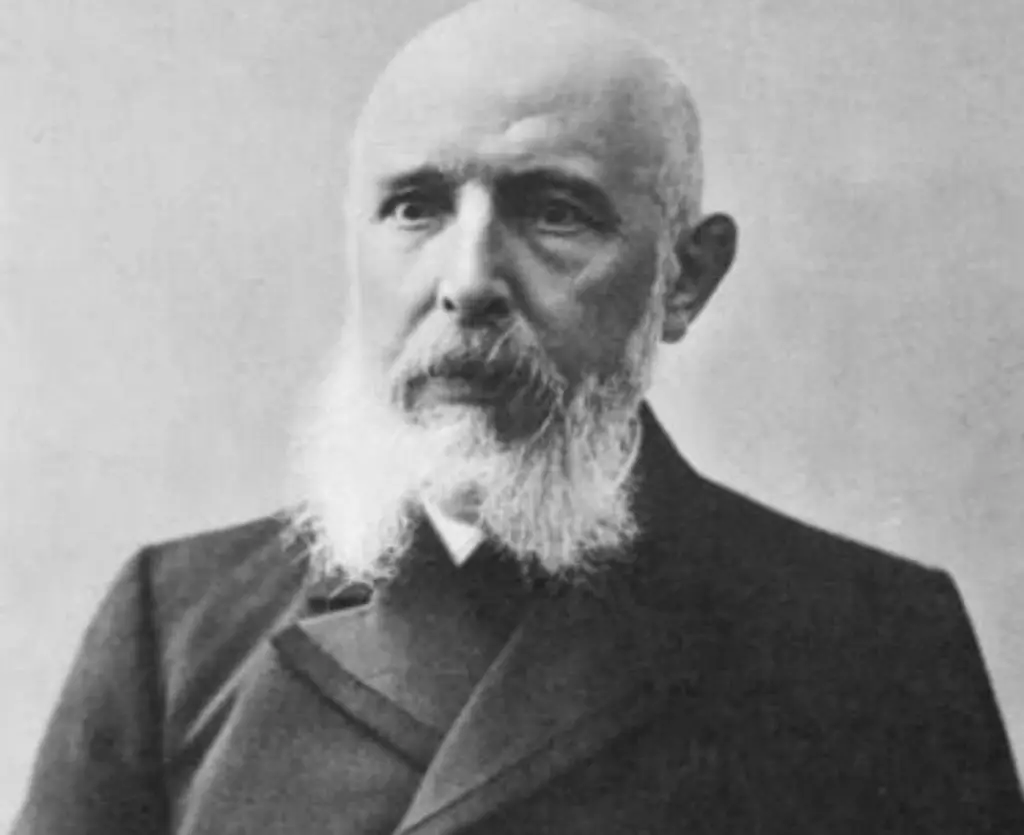
What makes Gerhard Armauer Hansen famous?
Gerhard Armauer Hansen was a Norwegian physician who, in 1873, discovered the bacterium that causes leprosy. The bacteria was named Mycobacterium leprae.
Hansen was one of the first scientists to study the disease on a large scale. He decided to research leprosy because it had been around for thousands of years but no one knew what caused it or how to treat it.
Hansen thought that if he could find out more about the bacteria that cause leprosy, he might discover a cure for this terrible disease.
[Source: National Library of Medicine]
#15. Erwin Schrödinger (1887-1961): The Father of Quantum Theory Who Didn’t Believe In Personal God
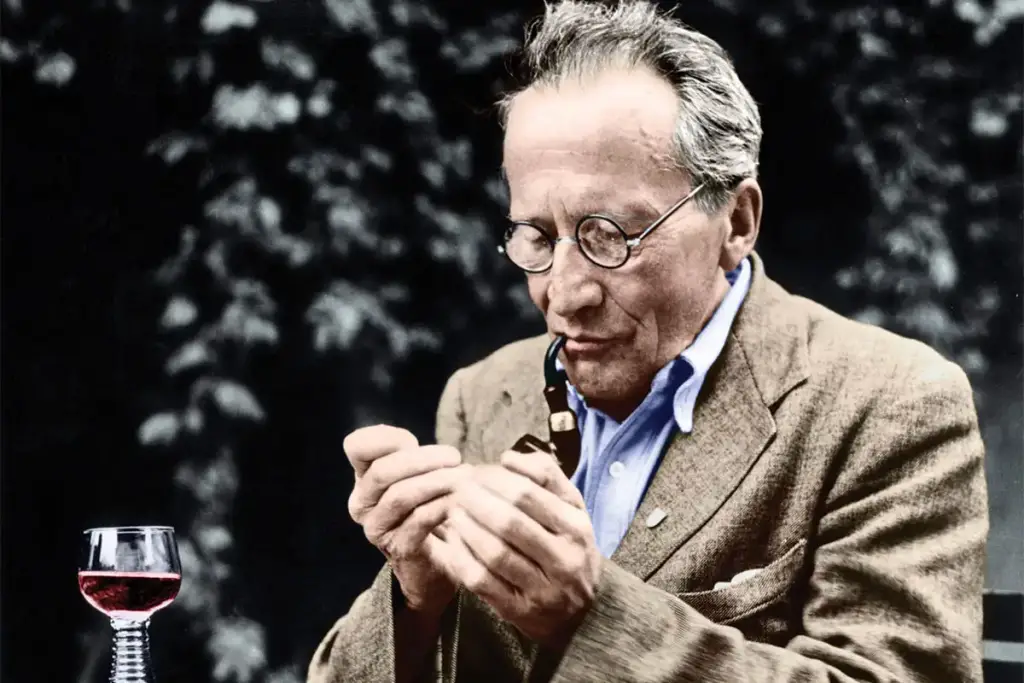
What makes Erwin Schrödinger famous?
If you’ve ever been in a physics class, you might know Erwin Schrödinger—the Austrian physicist who won the Nobel Prize for his contributions to quantum theory.
Erwin Schrödinger was born in Vienna but later became Irish after his exile from Nazi-occupied Austria. He was proficient in both theoretical and experimental physics.
Erwin Schrödinger won the Nobel Prize in Physics for his contributions to quantum theory, which led to a better understanding of the Schrödinger equation.
He developed the Schrödinger equation, which explains how systems change over time. Scientists use this equation to study physics and chemistry.
Schrödinger also created a famous thought experiment called “Schrodinger’s Cat” to explain concepts related to quantum mechanics.
This experiment involves placing a cat in a box with a vial of poison and a radioactive substance. Whenever someone opens the box, they will have no way of knowing if the cat is alive or dead until they look inside.
[Source: The Nobel Prize ]
#14. Ted Nelson (1937-present): The Pioneer of Hypertext
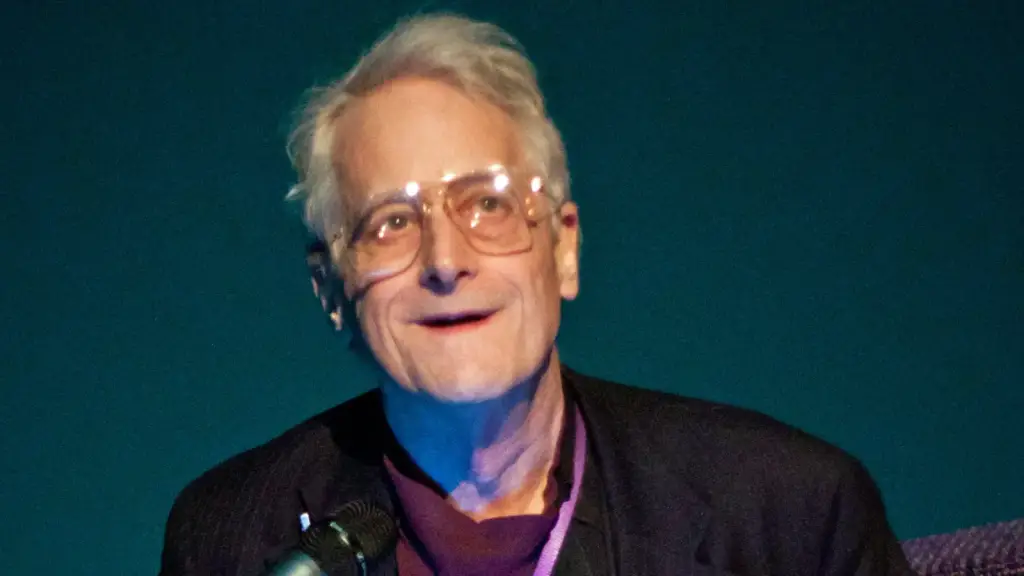
What makes Ted Nelson famous?
Ted Nelson is a man who can make you feel like you’re traveling through time and space with him. His work in computer science is so far-reaching that it’s hard to believe that he wasn’t born in the 21st century.
You can tell that he’s seen and done things that made him question how we look at information and process it. He has the mind of an explorer, and his passion for the future is contagious.
Born in Chicago, Ted Nelson is a man of many hats. He’s a sociologist, computer scientist, philosopher, and writer. Nelson is also a literary romantic who thinks of himself as an American Orson Welles of software.
He is famous for coming up with the terms hypermedia, hypertext, intertwingularity, virtuality, and translucation. These terms are important to computer science as they relate to how we interact with information.
What’s the best Ted Nelson quote?
“Learning to program has no more to do with designing interactive software than learning to touch type has to do with writing poetry.”
[Source: Ted Nelson]
#13. Stephen Hawking (1942-2018): One of The Greatest Scientists of Our Time

What makes Stephen Hawking famous?
Stephen Hawking was a man who made an indelible mark on the world. He was born in 1942 in England and is best known for his work in theoretical physics.
He contributed to the study of the universe by focusing on its origin and structure, which continues to appeal to millions worldwide.
In addition to being a brilliant scientist, Stephen Hawking was also an avid writer. His books continue to appeal to millions of readers globally.
What is the best Stephen Hawking quote?
” Intelligence is the ability to adapt to change.”
[Source: Encyclopedia Britannica ]
#12. Pierre Curie (1859-1906): The Nobel Laureate

What makes Pierre Curie famous?
Pierre Curie, a French physicist and chemist, was considered one of the most influential people in history. He was born in Paris in 1859.
Curie’s most famous discovery was radioactivity. He discovered that certain elements were radioactive, emitting radiation when they changed from one form to another. He also studied magnetism, crystallography, and many other fields.
This discovery earned him the 1903 Nobel Prize in Physics, alongside Marie Curie (his wife) and Henri Becquerel.
Curie was the first married couple to be awarded a Nobel Prize for their work—they (with Marie Curie) received it jointly in 1903 for their work on radioactivity and magnetism.
What’s the best Pierre Curie quote?
“It would be a fine thing, in which I hardly dare believe, to pass our lives near each other, hypnotized by our dreams.”
[Source: The Nobel Prize]
#11. Irène Joliot-Curie (1897-1956): The Woman Who Followed in Her Parents’ Footsteps
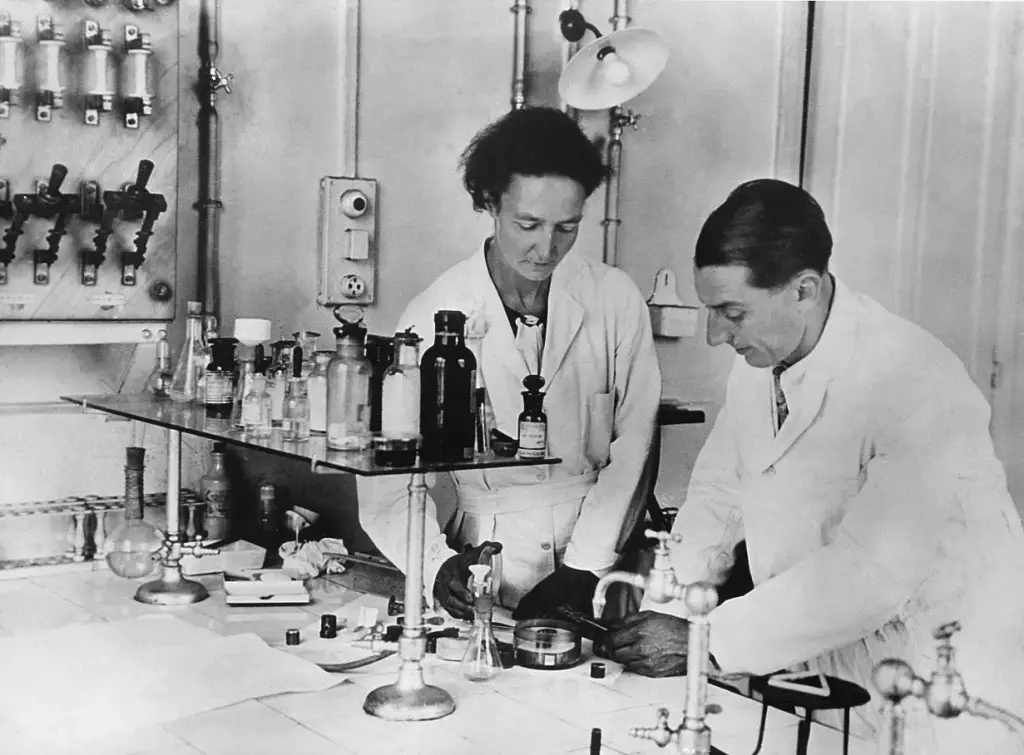
What makes Irene Joliot-Curie famous?
Irene Joliot-Curie, the French physicist and chemist, was born in Paris in 1897. She grew up with her parents, who were both scientists. Her father, Pierre Curie, was a physicist who discovered polonium in 1898. Irene’s mother, Marie Sklodowska, was also a scientist and chemist.
In 1923, Irene married Frédéric Joliot-Curie, who was also a chemist. Together, they worked on many projects, including discovering how chemicals react when exposed to radiation. In 1935, they won their Nobel Prize in Chemistry, becoming the second married couple to win it after her parents.
What’s the best Irène Joliot-Curie quote?
“The farther the experiment is from theory, the closer it is to the Nobel Prize.”
[Source: The Nobel Prize]
#10. Frederic Joliot-Curie (1900-1958): One of The Scientists Who Contributed To The Curie Family Legacy
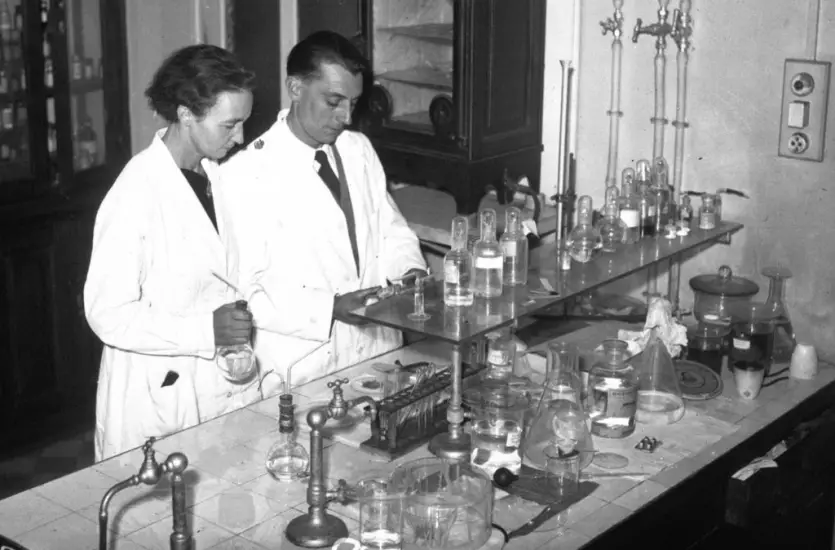
What makes Frederic Joliot-Curie famous?
Frederic Joliot-Curie, born in Paris in 1900, was a French physicist and husband to Irene Joliot-Curie.
Frederic Joliot-Curie is known for his research on atomic structure, nuclear physics, and molecular biology. He worked at the Radium Institute with his wife, Irene (who later became a famous scientist herself).
His work focused on using radioactive isotopes to study chemical bonding and molecular structure. This research led him to develop new methods of producing radioactive isotopes from stable isotopes through neutron bombardment or alpha decay.
Frederic Joliot-Curie and Irene Joliot-Curie are best known as the second married couple to receive the prestigious Nobel Prize. They won the 1935 Nobel Prize in Chemistry for discovering induced radioactivity.
The Curie family won five Nobel Prizes, including Marie Curie herself.
[Source: The Nobel Prize]
#9. John McCarthy ( 1927-2011): The Turing Award-Winning Computer Scientist
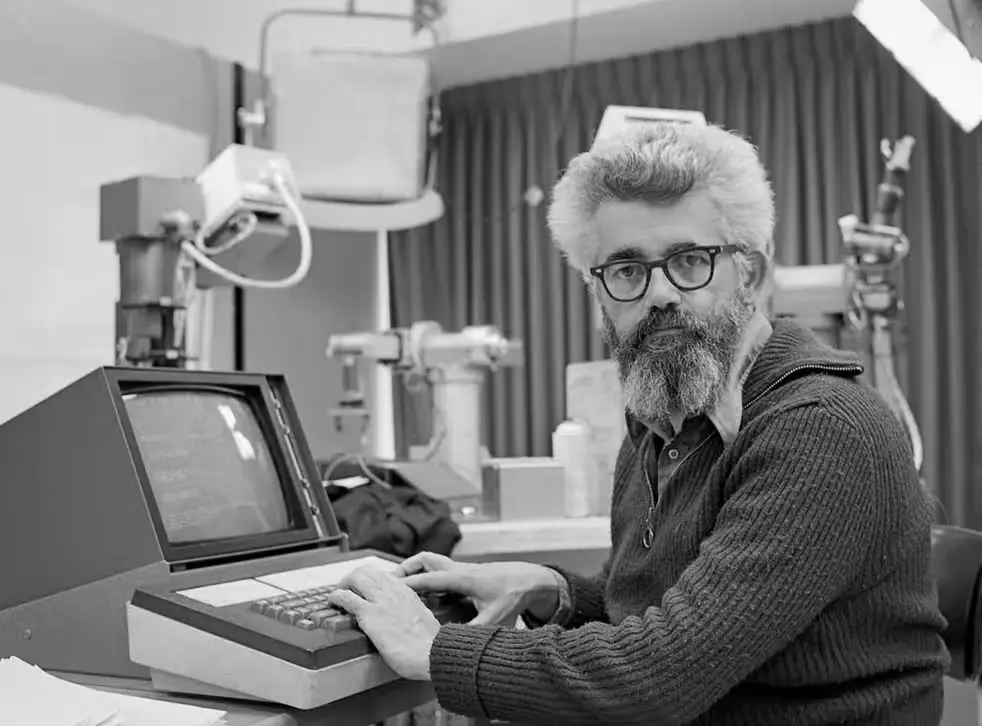
What makes John McCarthy famous?
John McCarthy was an American cognitive and computer scientist best known for founding the field of artificial intelligence. He developed Lisp, a language family that has spawned many other programming languages.
McCarthy is credited with the invention of garbage collection in computer science. This is the process of automatically freeing up memory from objects that are no longer needed by programs.
His work played a significant role in the creation of the ALGOL programming languages. McCarthy won the highest prize in computer science, the Turing Award, in 1971 for his contributions to AI.
[Source: Encyclopedia Britannica]
#8. J. Robert Oppenheimer (1904-1967): The Father of Atomic Bomb
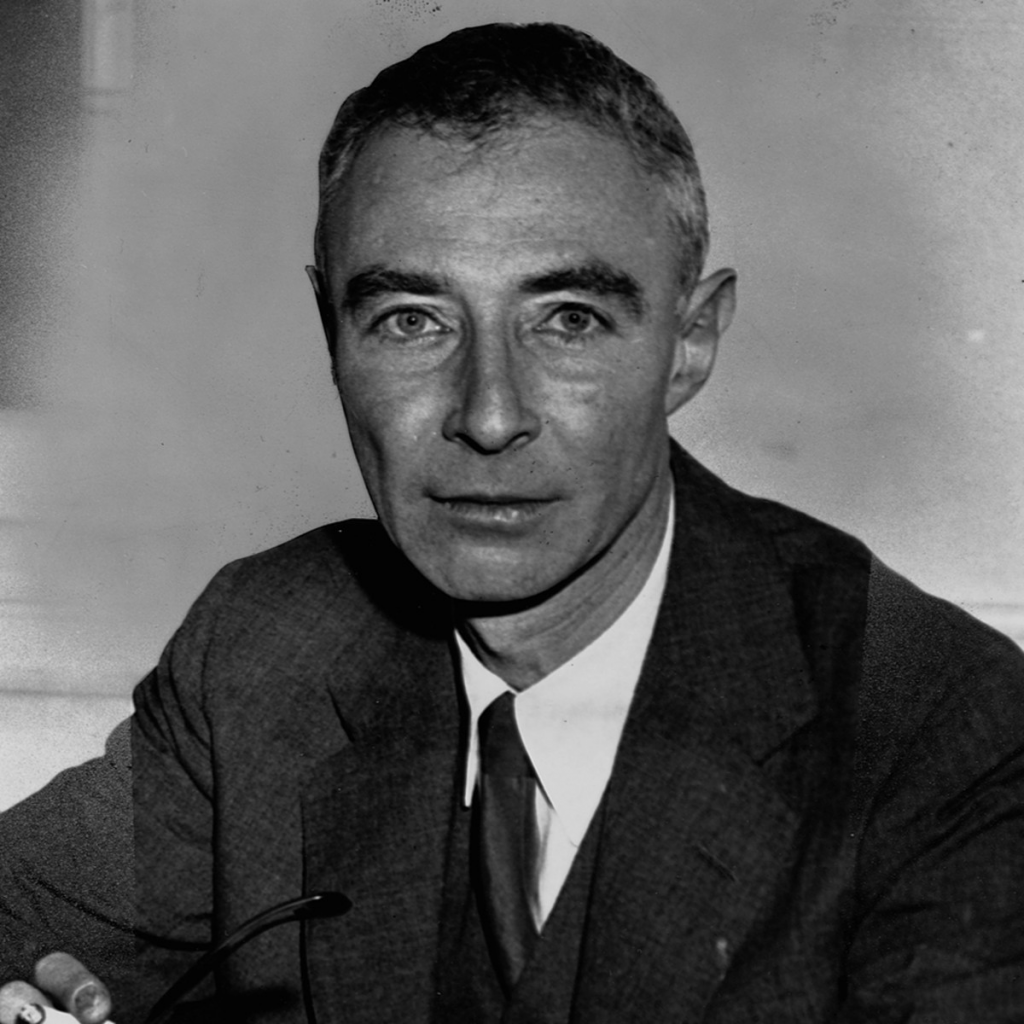
What makes J. Robert Oppenheimer famous?
If you’re unfamiliar with J. Robert Oppenheimer, it may be because he’s not a household name. But he is one of the most influential people in modern history—not just because he helped develop the atomic bomb that ended World War II.
Oppenheimer was born in 1904 in New York City and received his education from several institutions, including Harvard College and Cambridge University. He was an expert on nuclear physics and would lead the team of scientists who designed the nuclear bomb used in World War II.
Although he was a member of President Truman’s Atomic Energy Commission, he criticized the development of a thermonuclear weapon.
Afterward, he became a key figure in President Dwight Eisenhower’s “Atoms for Peace” program, promoting peaceful uses of nuclear power and development.
What’s the best J. Robert Oppenheimer quote?
“I become death, the destroyer of the worlds.”
[Source: Atomic Heritage Foundation]
#7. Richard Feynman (1918-1988): Nobel Prize Winning Physicist and Caltech Professor

What makes Richard Feynman famous?
Richard Feynman was a man who stood at the intersection of two worlds. He was born in New York City in 1918 to Jewish parents. Feynman studied at the Massachusetts Institute of Technology. He went on to earn his Ph.D. from Princeton in 1942.
This theoretical physicist served at the US lab under brilliant genius J. Robert Oppenheimer at the Manhattan Project during World War II. He helped construct the atomic bomb that stopped the war.
After the war, Feynman turned his attention to particle physics and developed what we now call the parton model, which explains how quarks are formed within the atomic nucleus. He also helped lay the groundwork for quantum electrodynamics theory, which is still widely used in physics research labs worldwide.
Feynman received a Nobel Prize for his work on quantum electrodynamics in 1965, alongside two other scientists (Julian Schwinger and Shin’ichiro Tomonaga).
What’s the best Richard Feynman quote?
“I would rather have questions that can’t be answered than answers that can’t be questioned.”
[Source: The Nobel Prize]
#6. James D. Watson ( 1928-Present): Father of DNA Research
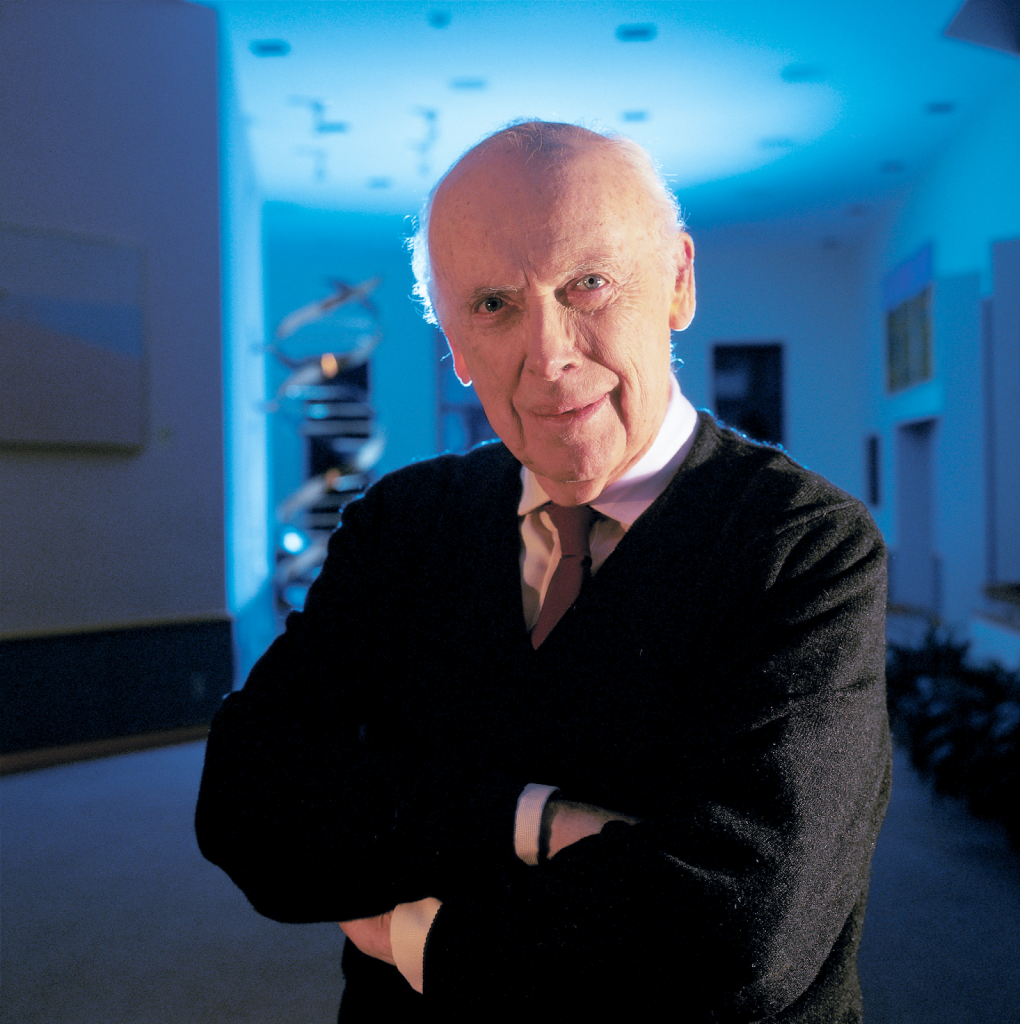
What makes James D. Watson famous?
There have been a lot of famous left-handed scientists in the world, but none is as renowned as James Dewey Watson. You might not know the name James Dewey Watson, but if you’re a science nerd, chances are you’ve heard of him.
For starters, he’s been called “the father of DNA research.” He was born in 1928 in Chicago. He went to the University of Chicago for his undergraduate degree in genetics before moving to Indiana to complete his doctorate.
Watson is best known for his work with Francis Crick and Maurice Wilkins on the structure of DNA. He proposed that DNA is a double helix that consists of molecules wrapped around each other like a ladder.
This was the first time anyone had suggested such a structure for DNA. This study contributed to our understanding of how genes are passed on from generation to generation.
Watson shared a Nobel Prize with Maurice Wilkins and Francis Crick for their contributions to understanding Nucleic acids.
What’s the best James D. Watson quote?
“Today, the theory of evolution is an accepted fact for everyone but a fundamentalist minority, whose objections are based not on reasoning but on doctrinaire adherence to religious principles.”
[Source: The Nobel Prize]
#5. Timothy J. Berners-Lee (1955-present): The Inventor of The World Wide Web

What makes Timothy Berners-Lee famous?
Tim Berners-Lee is a computer scientist born in London in 1955. He attended school at Emanuel School and then went on to earn a BA in physics at The Queen’s College in Oxford.
Berners-Lee is best known for creating a way for computers to communicate with each other over networks using simple commands. This invention has led to many new ways of using computers and changed how people use the internet daily.
This computer science expert was also one of the founders of Europe’s first global hypertext information system, now known as HTML (HyperText Markup Language). One example of this system is “hyperlink,” which allows you to embed links in documents on web pages.
Berners-Lee continues to work on improving how people interact with technology through his foundation called The World Wide Web Foundation (WWWF).
What’s the best Timothy Berners-Lee quote?
“The Web does not just connect machines, it connects people.”
[Sources: Encyclopedia Britannica, WWWF]
#4. Carl Sagan (1934-1996): The Man Who Brought US The Universe
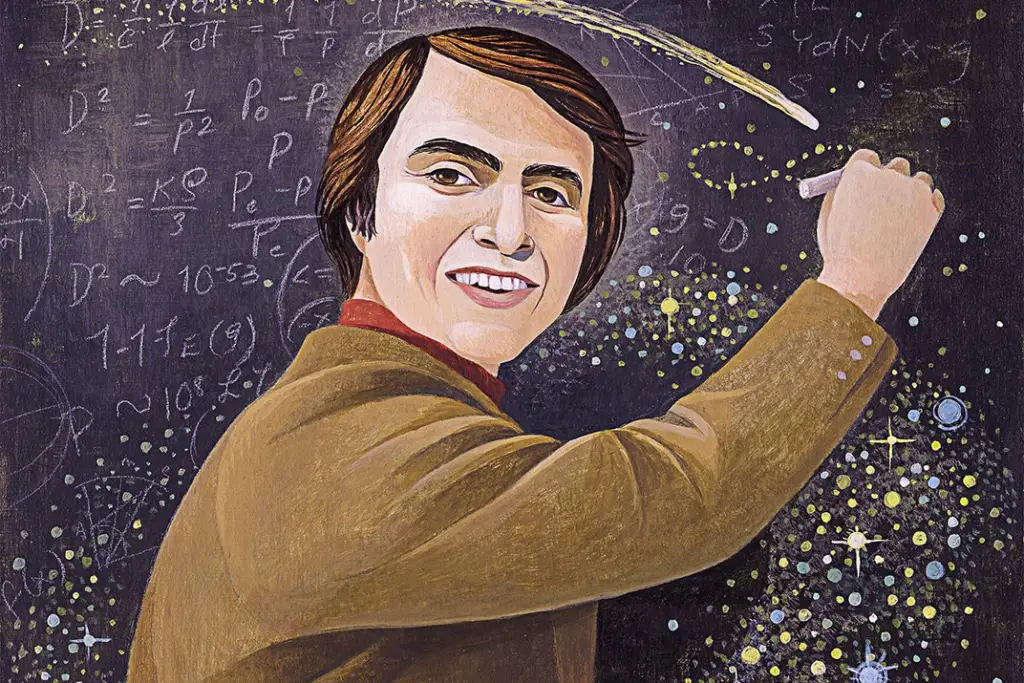
What makes Carl Sagan famous?
Carl Sagan was a planetary scientist born in Brooklyn in 1934 and studied physics at the University of Chicago. He is known for popularizing science through his books and TV shows in the 1970s. His ideas about extraterrestrial life and the science behind them were revolutionary at the time.
Sagan served as a NASA adviser and conducted research largely on extraterrestrial life throughout his career. He is most famous for his work with Voyager Satellites in sending messages to outer space, which he wrote and narrated.
Carl Sagan won several awards for his contributions to cosmology, astronomy, and science in general. He received NASA’s Distinguished Service Award in 1977 and the Pulitzer Prize the following year.
[Source: Smithsonian Magazine]
#3. Linus Pauling (1901-1994): A Pioneering Scientist Who Defied The Odds To Win Two Nobel Prizes
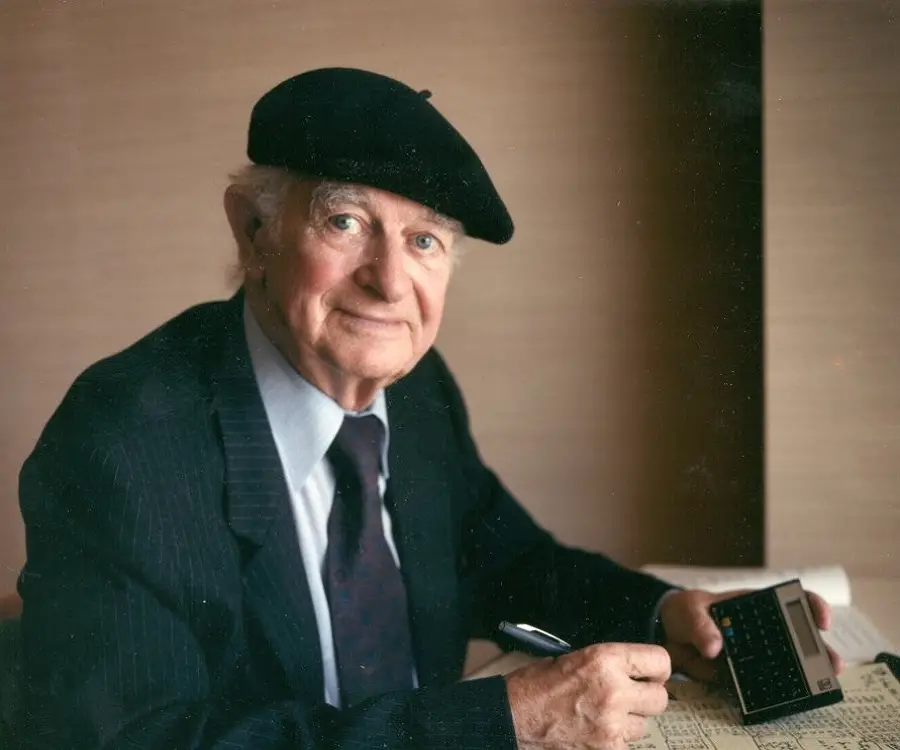
What makes Linus Pauling famous?
There are a lot of reasons to be inspired by Linus Pauling.
Born in Portland, Oregon, he became one of the most influential American scientists in history. His work helped revolutionize our understanding of the chemical bond and its properties, leading to a host of breakthroughs in medicine and science. He also played a big part in the creation of synthetic plasma, which is now used in many modern technologies.
His research on proteins would prove life-changing. He found evidence that abnormal hemoglobin was the cause of sickle cell anemia. This discovery opened the door to more research on molecular genetics.
Linus Pauling was also an outspoken proponent of nuclear disarmament. He won two Nobel Prizes for his efforts to promote peace and groundbreaking scientific research.
What’s the best Linus Pauling quote?
“The best way to have a good idea is to have a lot of ideas.”
[Source: Nobel Prize]
#2. Alfred Nobel (1833-1896): The Founder of Nobel Prizes

What makes Alfred Nobel famous?
Yes, the Nobel Prize is named after Alfred Nobel.
Alfred’s most famous invention was dynamite, which he developed using nitroglycerin and an absorbent substance patented in 1867.
It was a breakthrough in the field of explosives, giving us everything from fireworks to blasting caps.
Dynamite was popular because it allowed people to blow up things without getting hurt—and it wasn’t just for fun! Dynamite is useful in demolition, construction, mining, and quarrying.
But Alfred’s most crucial contribution was establishing the Nobel Prize, which honors those who make significant contributions to society through their work in physics, chemistry, peace, medicine, or literature.
In 1968, the Swedish central bank, Sveriges Riksbank, established the Nobel Prize in Economics.
What’s the best Alfred Nobel quote?
“If I have a thousand ideas and only one turns out to be good, I am satisfied.”
[Source: The Nobel Prize]
#1. Alan Turing (1912-1954): The Father of Modern Computer Science
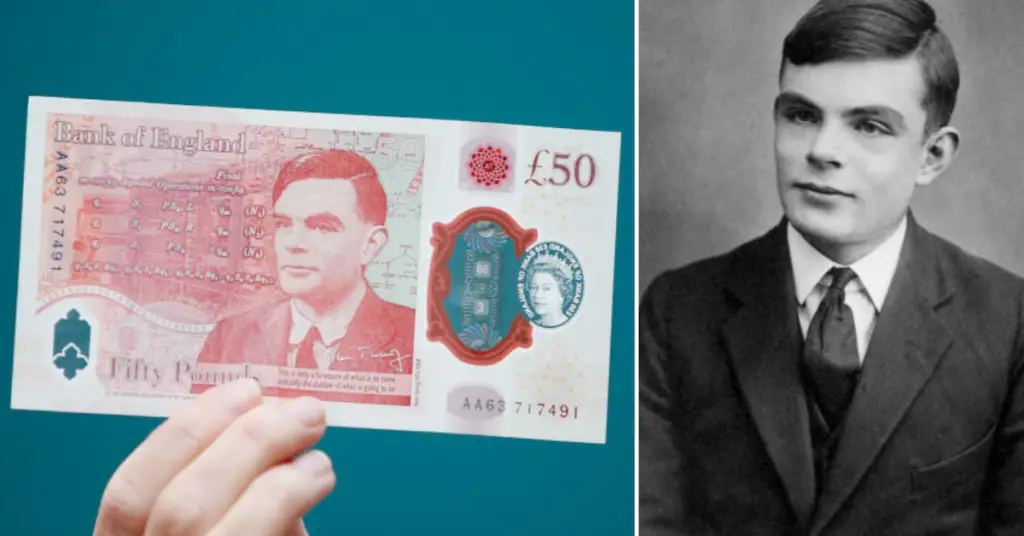
What makes Alan Turing famous?
Alan Turing is dubbed the “father of computer science.”
You may have come across someone saying something is “Turing complete.” The term implies it can be programmed to perform virtually any task.
You may have also heard of the Nobel Prize for Computer Science. That’s right. It’s the Turing Award.
Finally, the 50-pound bank note. If you have seen the movie “Enigma,” then you will realize that Turing was instrumental in winning the information warfare during WWII against Nazi Germany.
Born in 1912 in Maida Vale, London, Alan Turing was educated at Sherborne School in Dorset and then attended King’s College, Cambridge, where he studied mathematics as an undergraduate.
After graduating with a Ph.D. in Mathematics from Princeton University in 1948, he worked at Manchester University’s Computing Machine Laboratory, contributing to machine learning algorithms and artificial intelligence research.
In his paper on “Computing Machinery and Intelligence,” Turing described how machines could think (albeit incorrectly) through their ability to solve problems according to rules.
Turing also introduced the concept of a Universal Turing Machine (UTM), which remains a key theoretical computer science concept today.
Turing joined the Government Code & Cypher School, where he worked on radar systems for Britain’s war effort during World War II. During this time, he was responsible for breaking the German Enigma codes used by German forces during WWII. This gave the allies significant advantages.
Turing is not just remembered for his groundbreaking work in mathematics and computer science—he’s also known for being the first gay man to have his face on a banknote in the United Kingdom.
Alan Turing faced persecution by the government due to his sexuality. These woes may have led to his death in 1954.
What’s the best Alan Turing quote?
“Sometimes it is the people no one imagines anything of who do the things that no one can imagine.”
[Sources: Encyclopedia Britannica, Stanford Encyclopedia of Philosophy]
Final Thoughts
We hope you enjoyed reading this article as much as we loved writing it.
The scientists mentioned in this article are interesting people with unique stories and life experiences.
They have all made important contributions to society, but they also share the common thread—a lack of faith in religion.
This article may help you understand the thinking behind this group of people who are often unfairly judged for their lack of faith in religion.

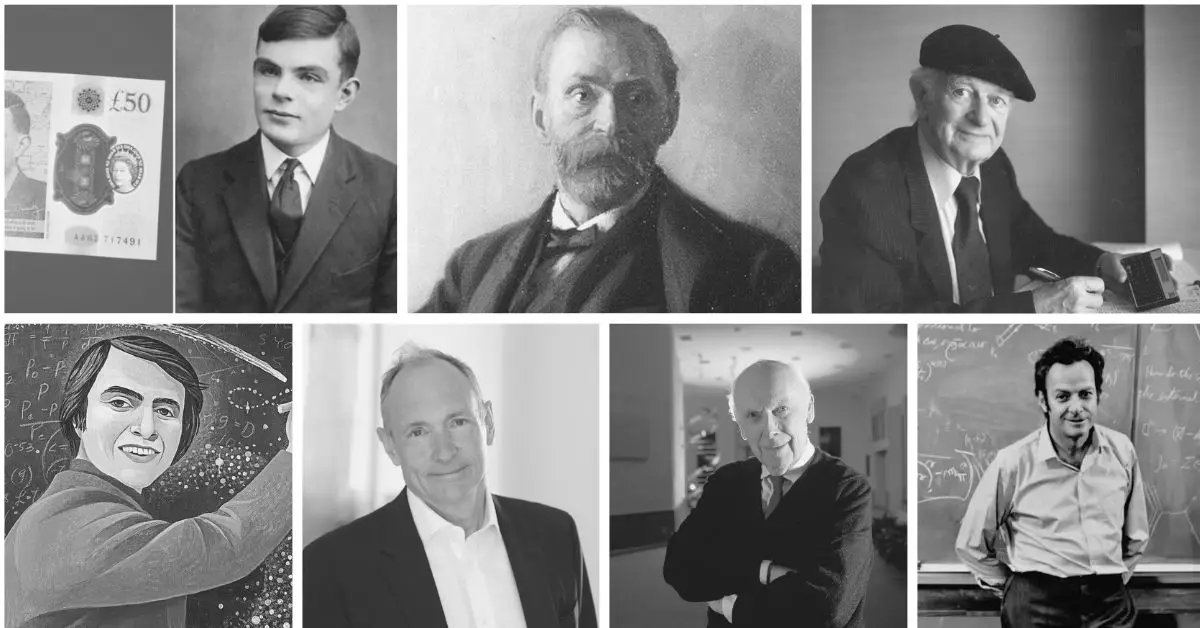

I am the Editor of (the current ‘New Millennium’ and previous ‘Definitive’ editions of) The Feynman Lectures on Physics, Publisher of the online edition of same, Feynman’s coauthor in the book Feynman’s Tips on Physics, and a Visiting Scholar in Caltech’s Physics Department. I am also a personal friend of the Feynman family, and of many of Feynman’s colleagues and friends.
Richard Feynman was an atheist, as you must know because you include him on this page of famous atheist scientists. Feynman recognized his heritage by saying he is “from a Jewish family,” but he did not identify with that faith, he did not like being labeled a “Jew,” and in my mind doing so smacks of antisemitism. To call Feynman “The Little Jewish Boy that became a Nobel Laureate” is very strange indeed when you consider that (according to Wikipedia) 20% of the approximately 900 Nobel Laureates to date have Jewish heritage, and furthermore it is belittling: was not a “Little Boy” in any sense when he won his prize. Therefore I am writing on behalf of Feynman’s estate, whose copyright and personality rights I am authorized to protect, to ask that you please change the title of your biographical article about Richard Feynman on this page and also on your page https://www.scijournal.org/articles/famous-physics-scientists.
Thanks very much for your time and consideration.
Hi Michael, I would like to write a quick personal note to thank you for bringing this to our attention. I very much admire Mr. Feynam and have benefited from his lectures.
Thank you for bringing this to our attention and for your thoughtful comment. We apologize if the title of our biographical article about Richard Feynman has caused any offense or discomfort. We understand the importance of accuracy and sensitivity when it comes to describing an individual’s religious beliefs, and we regret any inaccuracies in our previous article.
We understand your point that Feynman did not identify with any religion and that referring to him as “The Little Jewish Boy that became a Nobel Laureate” is belittling and could be considered as antisemitism. We appreciate your feedback and we will make the necessary changes in our article and update the title in order to accurately reflect Feynman’s beliefs.
We would like to extend our apologies to the Feynman family, to Feynman’s colleagues and friends, and to the readers who may have been offended by the previous title. We assure you that we will take the necessary steps to ensure that our articles are accurate, respectful and appropriate in the future.
Once again, thank you for bringing this to our attention and for your time and consideration.